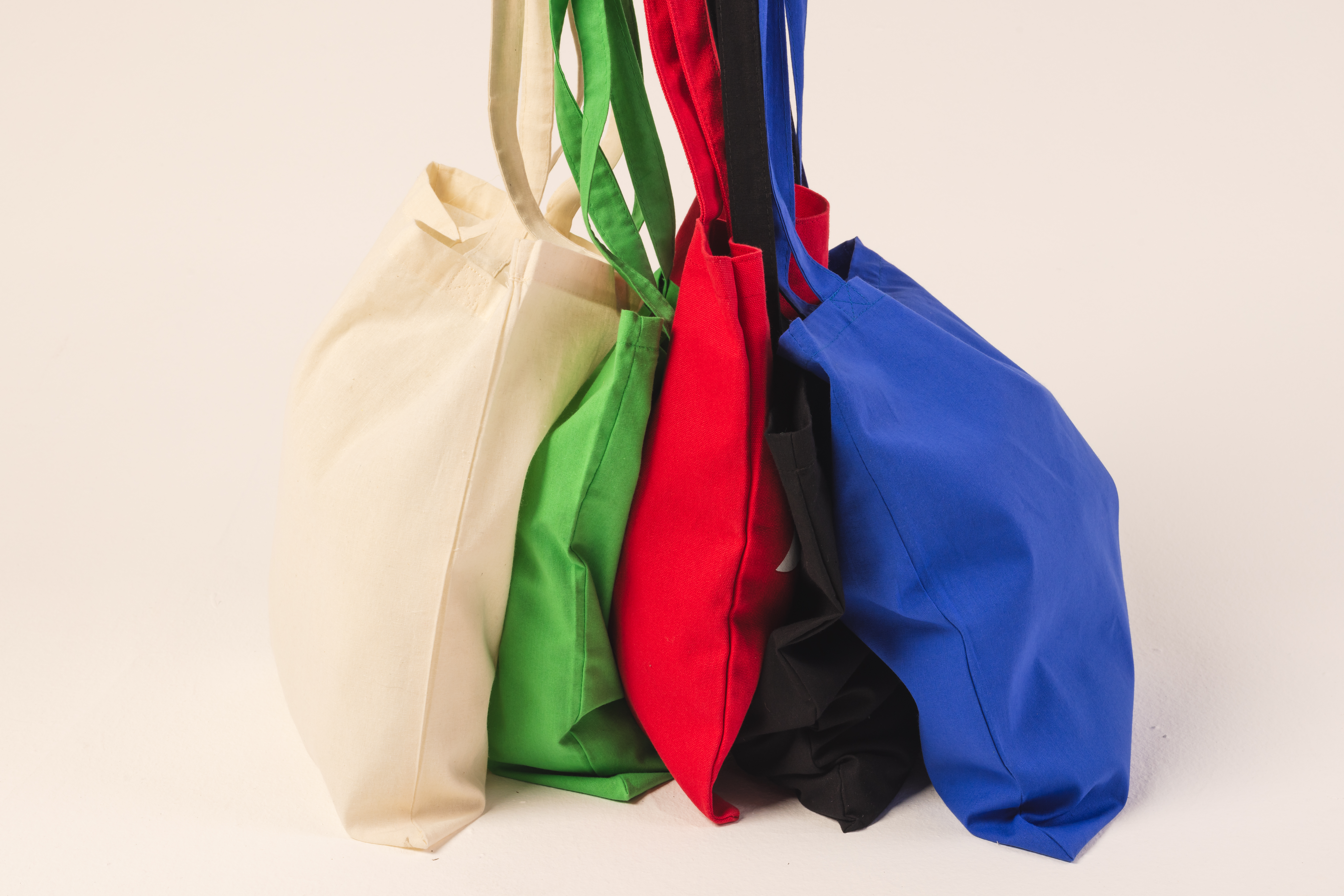Ensuring Quality and Standards in Domestic Production
U.S. manufacturing standards and regulations are always changing to meet new safety, environmental, and consumer needs. Brands seeking to maintain a competitive edge and uphold their reputation must not only meet customer expectations for quality but also navigate an increasingly complex regulatory environment. Let’s explore how brands and manufacturers can work together to achieve and maintain compliance in domestic production while delivering products that meet the highest quality standards.
Understanding the Compliance Landscape in U.S. Manufacturing
Compliance doesn’t mean following internal protocols. Rather, domestic manufacturing compliance requires brands and manufacturing facilities to adhere strictly to federal, state, and local regulations that govern labor, safety, environmental impact, and product quality.
Here are some of the key compliance areas brands and manufacturing partners need to be aware of:
- Labor Standards: The Fair Labor Standards Act (FLSA) ensures fair wages, prevents child labor, and protects workers’ rights. Manufacturers must implement policies and processes to guarantee that employees operate in safe, equitable conditions.
- Environmental Regulations: The Environmental Protection Agency (EPA) enforces regulations aimed at reducing emissions, waste, and environmental hazards. Domestic manufacturers are expected to minimize their carbon footprint through responsible sourcing and efficient production methods.
- Product Safety Compliance: Products manufactured in the U.S. must meet Consumer Product Safety Commission (CPSC) standards. These regulations cover everything from flammability and lead content to structural integrity, especially in textiles, apparel, and accessories.
- Customs and Trade Regulations: Brands involved in both domestic production and international shipping must comply with the U.S. Customs and Border Protection (CBP) guidelines to avoid costly delays and penalties.
- State and Local Codes: Different states may have different safety and labor regulations.
Establishing Robust Quality Control Systems
Maintaining high-quality production standards is at the core of compliance. Effective quality control (QC) ensures that products consistently meet regulatory, customer, and brand expectations.
Quality Assurance Best Practices
- Documented Standard Operating Procedures (SOPs): An SOP for every aspect of the production process, like cutting fabric or sewing zippers, ensures that manufacturing employees understand the process and put forth quality products. It also gives clients peace of mind knowing there is a set process in place.
- Routine Internal and External Audits: Regular audits by internal teams and third-party agencies help identify non-conformities before they become larger issues.
- Comprehensive Material Inspections: Using only pre-approved and verified raw materials reduces risk. Softline Brand Partners prioritizes materials that meet both performance and regulatory standards.
- Pre-Production and In-Process Testing: Pre-production sample reviews and ongoing batch testing during manufacturing help catch inconsistencies early, avoiding costly recalls.
- Corrective and Preventive Action (CAPA): Implementing CAPA systems encourages proactive problem-solving and continuous improvement across all production phases.
Leveraging Technology for Compliance and Quality Management
Digital tools play a vital role in enhancing compliance and quality tracking throughout the supply chain.
Technology Solutions for Domestic Manufacturing
- Enterprise Resource Planning (ERP) Systems: ERP platforms track material procurement, production, inventory, and logistics, giving brands and manufacturers a real-time overview of production.
- Quality Management Systems (QMS): QMS tools help brands and manufacturers document and review inspections and compliance reports. This allows for swift changes to production processes.
- Supply Chain Management Software: Advanced software solutions offer traceability across every supplier, partner, and production facility, helping to reduce risk and ensure compliance at each touchpoint.
- Automated Reporting and Analytics: Data-driven reports provide valuable insights into performance metrics, identify bottlenecks, and forecast potential compliance risks before they escalate.
Fostering a Culture of Compliance
Compliance is more than a checklist. Rather, it should be viewed as a central component of a company’s culture. The first key to building a culture of compliance is management buy-in. Managers set the tone for an organization. Investment in compliance training, audits, and continuous process improvement shows a higher level of care. Training programs keep company staff informed on changes in regulations. Regular training in manufacturing and in brands can ensure that all staff members understand the importance of regulatory compliance and can spot mistakes if needed.
Partnering With Experienced Domestic Manufacturers
Choosing the right manufacturing partner can significantly reduce compliance headaches. Softline Brand Partners provides its clients with industry-leading expertise in managing compliance and quality control across domestic production. Softline’s team possesses deep expertise in U.S. regulations and industry standards, ensuring clients and their products meet all requirements. Softline assists clients through the entire soft goods manufacturing process from conception to shipment.
Ensuring compliance in domestic production may seem daunting, but it is a critical investment in brand integrity, customer trust, and long-term business growth. By:
- Understanding the regulatory landscape
- Implementing comprehensive quality control systems
- Leveraging advanced technologies
- Fostering a culture of compliance
- Partnering with experienced experts like Softline Brand Partners
…brands can confidently navigate the complexities of domestic manufacturing while upholding the highest standards of quality and safety.
Partner with Softline!
At Softline Brand Partners, compliance isn’t just a box to check — it’s part of our DNA. Contact us today to learn how we can help your brand succeed with compliant, high-quality domestic production solutions.










